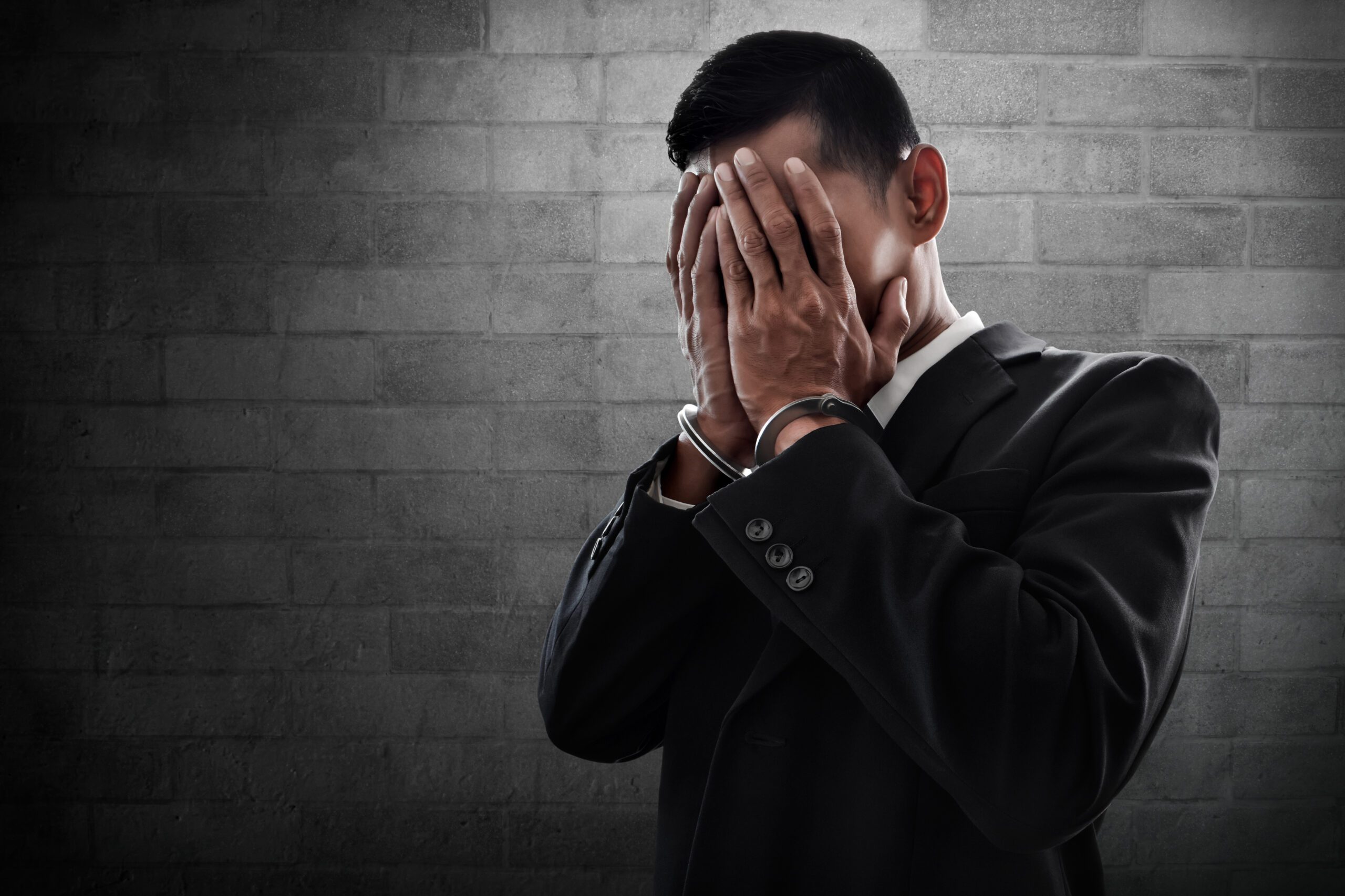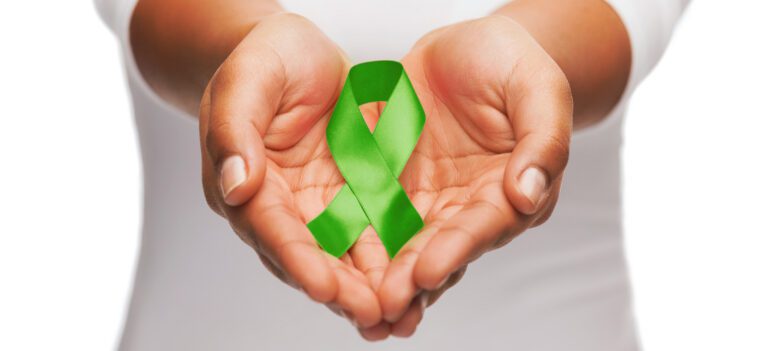Black Sheep Of The Family
What comes to mind when you think of “black sheep of the family?” To me, “black sheep” is a very loose label that carries with it a negative connotation, at least in my own experience.
“Sticks and stones may break my bones, but names will never hurt me.” That saying no longer has merit like it once did. We now know that both name-calling and bullying can have long-lasting detrimental effects.
This simple fact brings up a very important point: make sure to choose your words carefully and wisely!
That is the primary reason why I say, “I have bipolar disorder,” instead of, “I am bipolar.” I see bipolar disorder as a characteristic – it is one of many that contribute to who I am as an individual. Bipolar disorder does not completely define me as a person! Do you see the distinction?
Families And Bipolar
When you look at the dynamics of a family, it is always interesting to observe how those work. From the outside looking in, like anything else, it is easy to make a judgment. More times than not, it seems that someone in every family takes on the label of the “black sheep.”
It is not always a blunt description of who has been given the label of the “black sheep” – many times a family member is not simply called “black sheep,” but instead they feel like it to the core of their being. While doing my advocacy work, I have found this to be a very common feeling among those of us living with bipolar disorder.
A Bit About My Story
In first grade, I was already labeled a “problem child.” The school I went to put me in their “BD,” or behavioral disability, program. My parents understood the importance of not attaching that label to me, especially at such a young age. So instead of keeping me in that school attached to a label with such a negative connotation, they switched me to another school. It is interesting to note that I thrived in that new environment.
While attending the original school, my first-grade teacher told my parents that I would be in jail by the time I became a teenager, since my behavior issues were just “too severe.” Tossing aside a person’s potential because they are a supposed “problem child” or “black sheep of the family” is unfair and wrong. To me, this memory is absolutely ludicrous!
A label carries with it a preconceived notion – in my case, a very negative one!
Fast forward a few years…
I started exhibiting more intense symptoms of bipolar disorder during my last few years of high school. However, I did not fully grasp this realization, or understand it, until much later. At the time, I had no clue what was going on, and no one in my family really knew how to deal with me, either.
After high school, I attended Colorado State University in Fort Collins, Colorado. It was there that I finally sought out answers. I quickly learned that if I wanted answers, I needed to find them myself. Fortunately, I had many on-campus resources, and these resources eventually led to my diagnosis of bipolar disorder type 1.
A Positive Outcome From A Label
When I was given the label of “problem child” with behavior problems, those within that particular school already passed judgment on me, and on my future. They saw me as a hopeless cause, and I was only in first grade. As I mentioned, I am lucky I had my parents advocating on my behalf.
Labels are not always bad, though.
Bipolar disorder is a label. That label was instantly stamped on me when I was diagnosed back in 1999. Unfortunately, a huge stigma is associated with bipolar disorder. The same is also true for depression, schizophrenia, and any other mental illness, for that matter.
Yes, the diagnosis of “bipolar disorder” is a label, but it is a label that allows me the ability to get the right treatment. It also provides me the opportunity to fight the stigma attached to bipolar disorder, by sharing how I manage it from my own experience.
This is an example of a positive outcome from a label.
Does Anything Good From A Label?
One possible positive outcome I can see by attaching the term “black sheep” to an individual is to initiate action.
As I mentioned, I was labeled a child with behavior problems when I was younger. This prompted my parents to make a change by transferring me to another school system.
What do you think about labels? Do you have any examples from your own life? I would love to get your thoughts and ideas in the comments section below.







